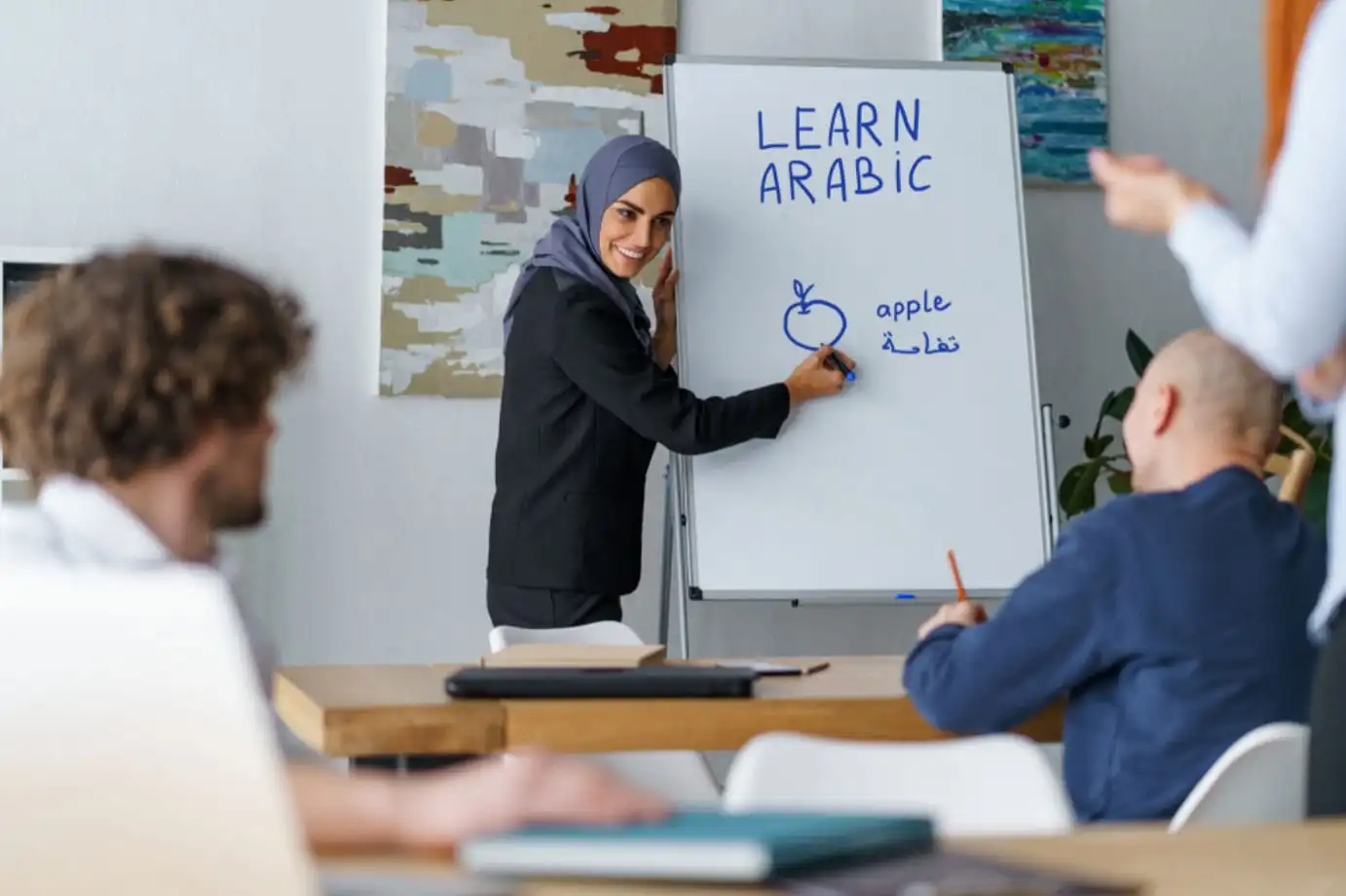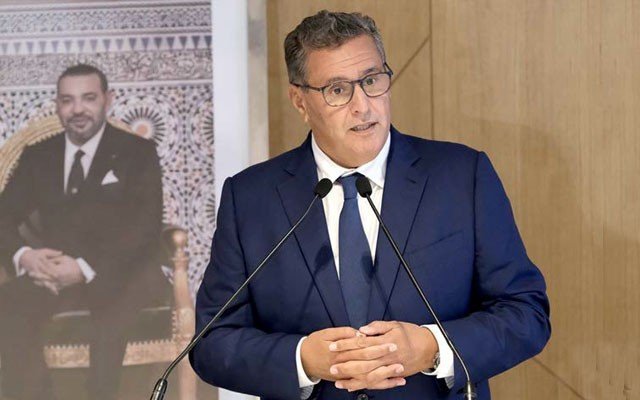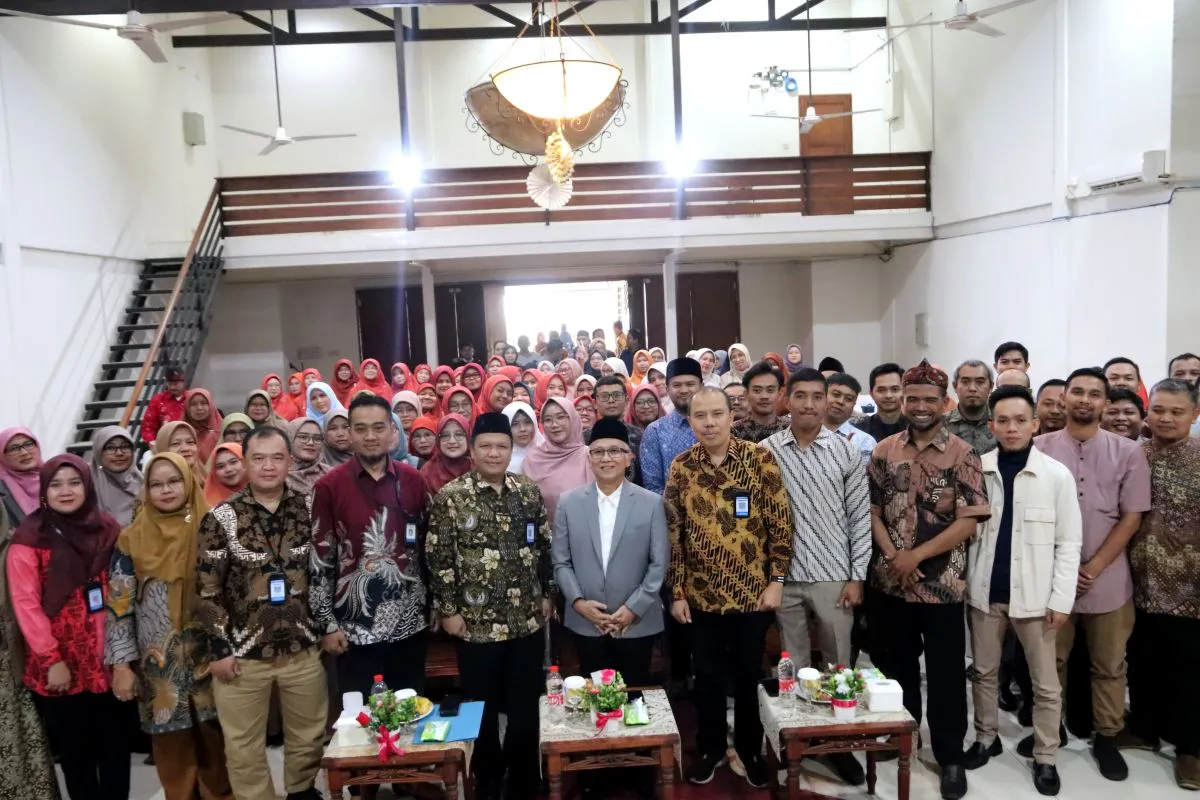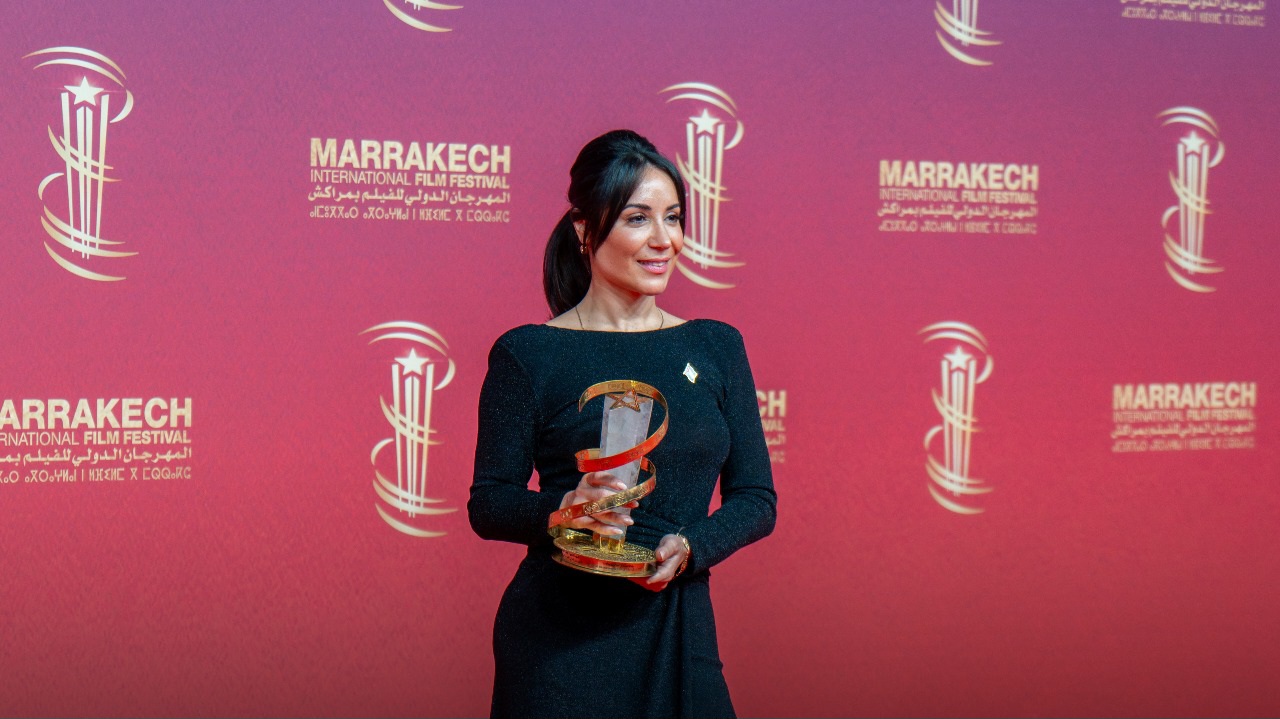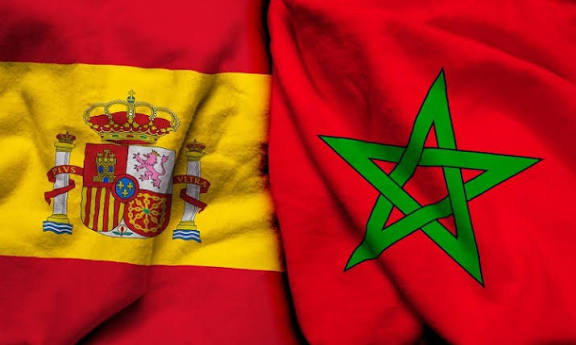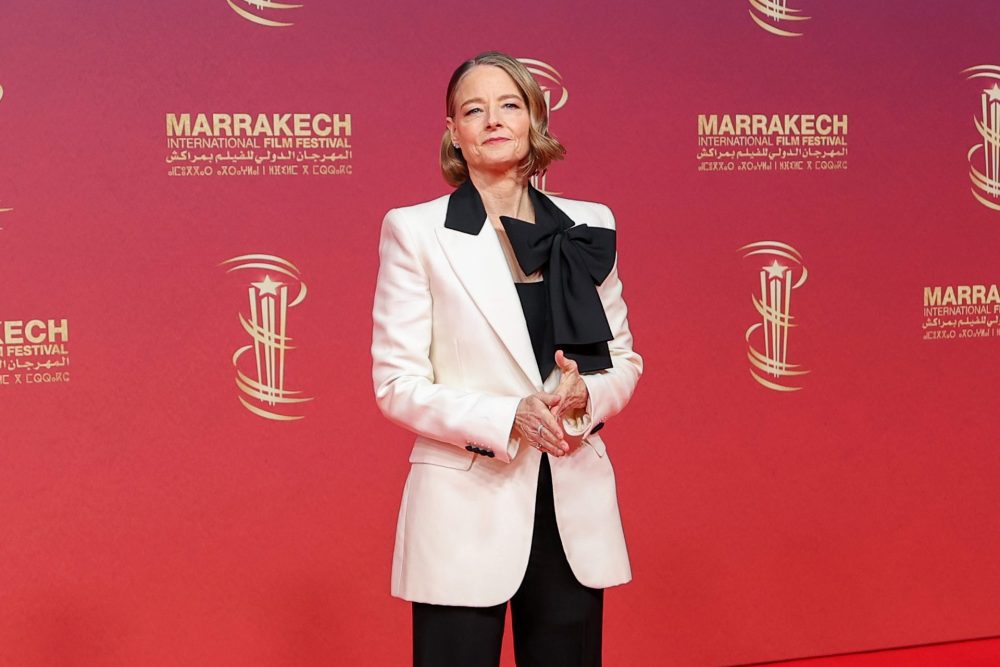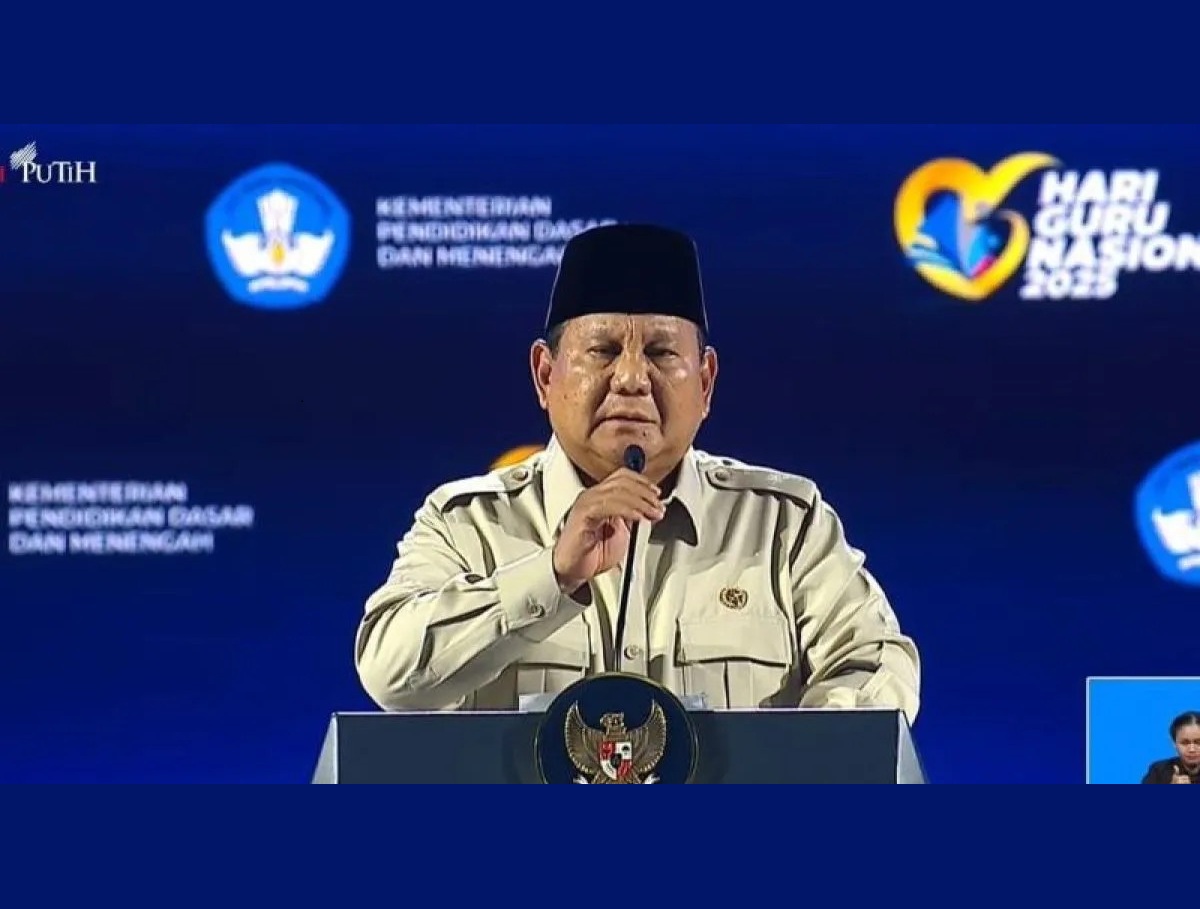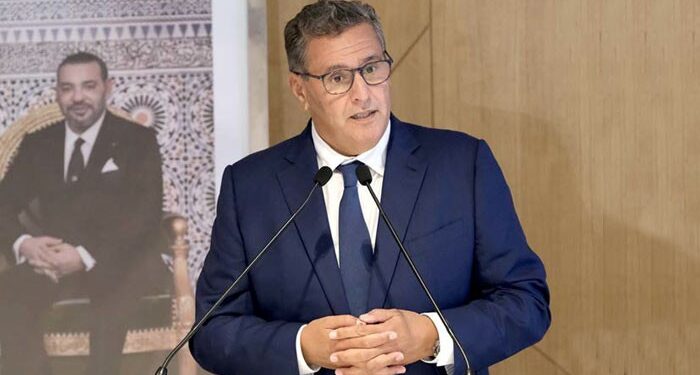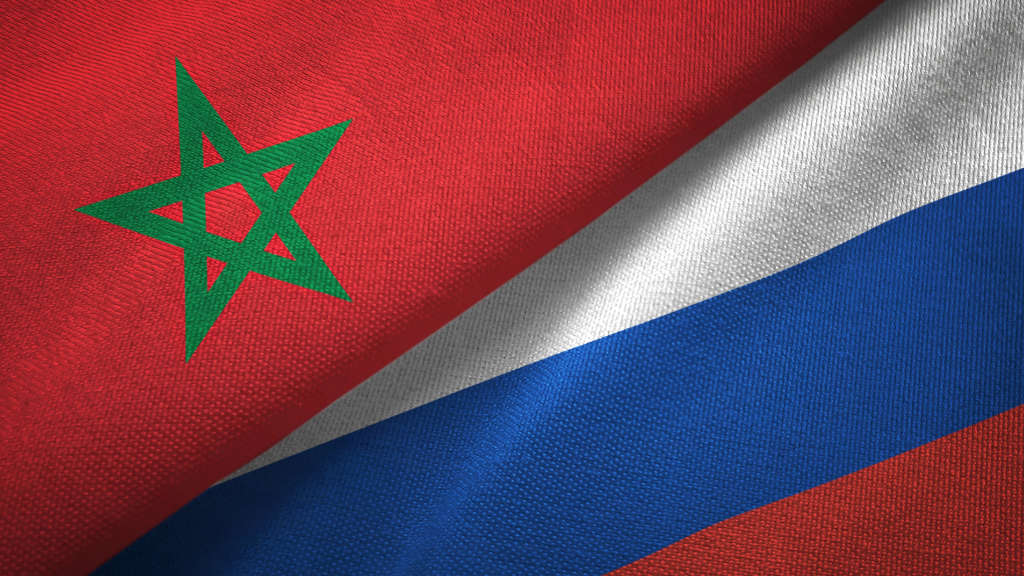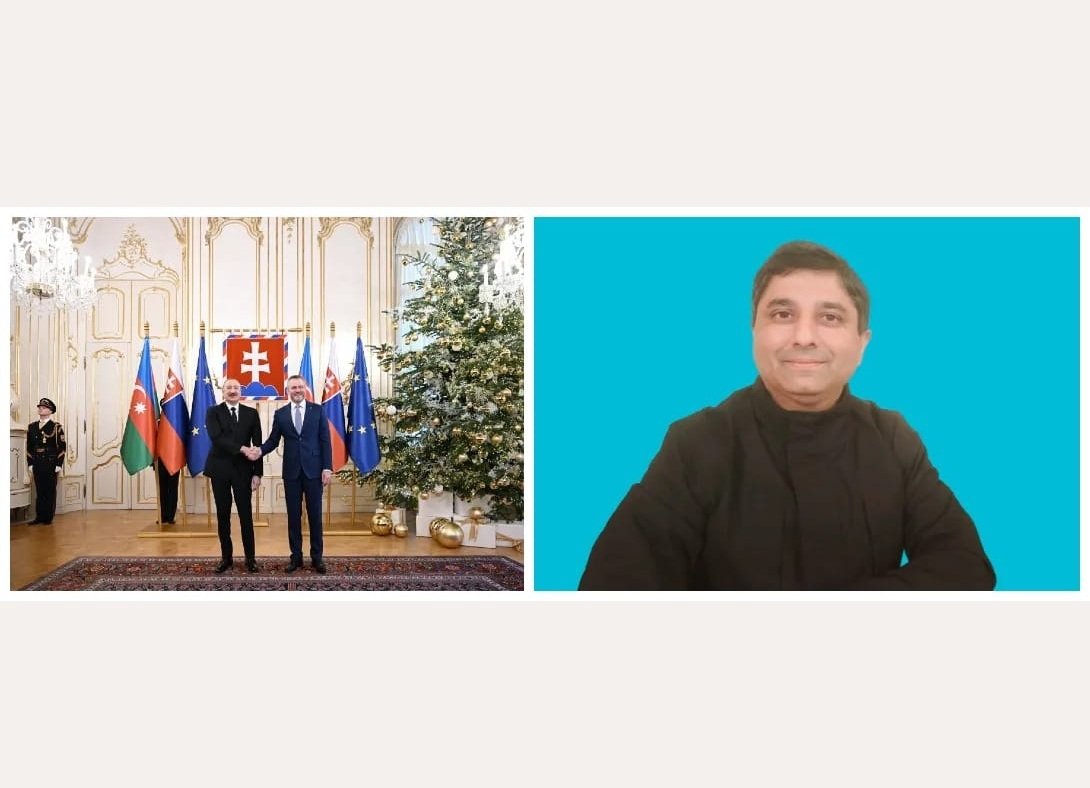Rabat, August 21, 2025 – The Europe Today: Morocco has taken a significant step in reshaping its higher education system with the publication of Official Gazette No. 7430, which enacts provisions of Framework Law No. 51.17 on education and training.
The measure mandates that universities and professional schools where instruction is primarily delivered in foreign languages must now include at least one module in Arabic within their scientific, technical, and professional programs.
Framework Law No. 51.17, adopted by Parliament in 2019, outlines an ambitious roadmap for reforming Morocco’s education system. Among its central pillars is the concept of “linguistic engineering,” aimed at reinforcing the role of Arabic in higher education while preserving the country’s tradition of multilingualism.
Article 32 of the law explicitly requires the introduction of a course taught in Arabic in programs dominated by foreign languages. The publication of this measure in the Official Gazette on 14 August grants it binding legal force, compelling faculties of science, engineering schools, and medical colleges, among others, to adapt their curricula accordingly.
For the first time, Arabic will formally enter academic domains long dominated by French, English, or Spanish. This development carries both symbolic and practical significance: it strengthens the position of Arabic as a language of knowledge and science, reflecting Morocco’s cultural and linguistic identity, while also reshaping the academic landscape by requiring institutions to rethink their curricula.
The entry into force of this measure marks a new phase in Morocco’s educational reform, signaling the country’s determination to balance its multilingual education tradition with a renewed commitment to ensuring Arabic’s central role in scientific and professional training.
